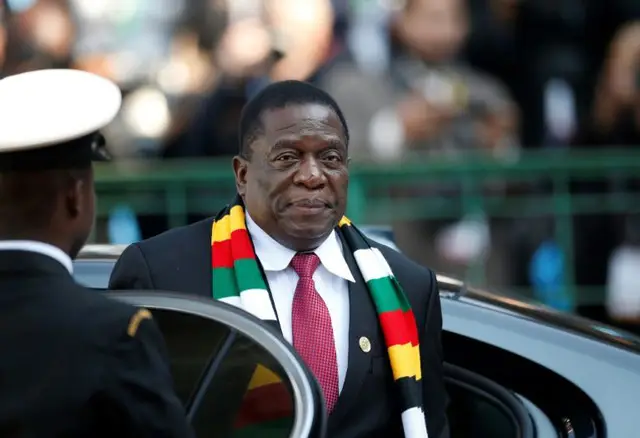By Leopold Munhende
THE United States Department of State has released a damning report on Zimbabwe’s human rights situation, noting how perpetrators have gone unpunished and the increased abuse of journalists by the state.
Zimbabwe has, for close to three decades, failed to respect basic human rights, an issue that has put it at loggerheads with world leaders such as America, the United Kingdom (UK) and the rest of Europe.
Cases of state-sponsored abductions, violence and targeting of dissenting voices, mainly opposition politicians, human rights defenders and journalists, have dominated its record.
The report in question focuses on the year 2024.
“There were no significant changes in the human rights situation in Zimbabwe during the year,” reads the report.
“Significant human rights issues included credible reports of: torture or cruel, inhuman, or degrading treatment or punishment; arbitrary arrest and detention; serious restrictions on freedom of expression and media freedom, including violence or threats of violence against journalists and censorship; trafficking in persons, including forced labor; significant restrictions on workers’ freedom of association; and significant presence of the worst forms of child labor.
“The government did not take credible steps to identify and punish officials who committed human rights abuses.”
Although the absence of extrajudicial killings was noted, this can be best explained by the fact that 2024 was not an elective year, as was witnessed in 2023 when the country headed for local authority, parliamentary and presidential elections.
Freedom of speech was, however, heavily inhibited according to the report, which was released just months after journalist Blessed Mhlanga was released from pretrial detention.
Adds the report: “Authorities were sensitive to criticism of the government, security officials, the president, and the ruling Zanu PF party.
“In July 2023, the government amended the criminal code to introduce heavy penalties for citizens at home and abroad and permanent residents convicted of willfully injuring the sovereignty and national interest of Zimbabwe.
“Civil society organisations and human rights defenders reported the law continued to have a chilling effect on freedom of expression.”
Zimbabwe’s poor record has been a major stumbling block for President Emmerson Mnangagwa in his attempts to re-engage with the West.
He is widely considered tainted, having not just been late President Robert Mugabe’s right-hand man for decades until his deposition, but having also played a central role in the Gukurahundi genocide that killed more than 20,000 mainly Ndebele-speaking people.
“The government regularly used arbitrary arrest and detention as tools of intimidation and harassment, especially against opposition party members, political activists, civil society members, journalists, attorneys, and ordinary citizens asserting their rights,” it reads.
“The government launched a crackdown on government critics in the lead-up to the Southern Africa Development Community (SADC) Summit on August 17 in Harare. In June, police arrested 80 opposition activists after violently breaking up their meeting at a private residence.”
Civil servants’ poor working conditions were also noted, with failed attempts at dialogue illustrated by arrests of not just Zimbabwe National Students Union (ZINASU) leaders but also Amalgamated Rural Teachers Union (ARTUZ) officials.
